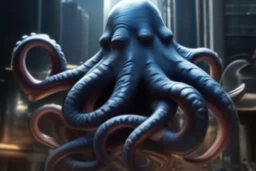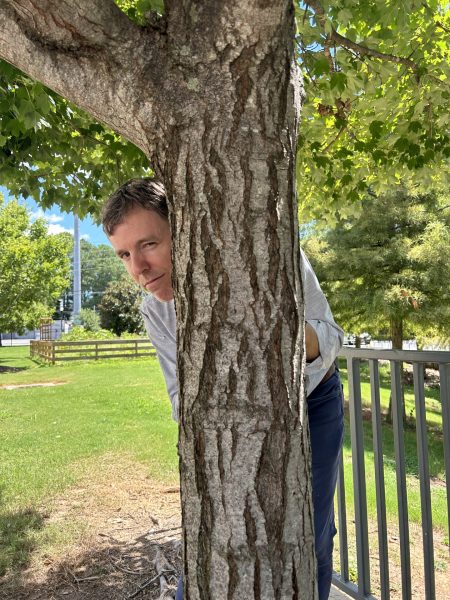Watchmen, the 1986-1987 DC limited series written by Alan Moore, is a tour de force of graphic fiction that I used to read once a year and really cannot recommend highly enough. If you’ve read it, then you know.
For those of you who haven’t read it, get this: the villain is actually thought of as a hero by most of the world and is literally the smartest man in the world, and he’s been holed up in a research complex of his own design in Antarctica where a dozen important scientists who have gone missing are actually working for him on a secret project to save the world. This heroic villain (or villainous hero) goes by the name Ozymandias, and that’s where I get to talk about a poem I read when I was in high school. Stay with me.
“Ozymandias” is a poem written in 1818 by the English romantic poet Percy Shelley (and, yes, his second wife wrote Frankenstein). The name Ozymandias refers to the Egyptian pharaoh Ramesses II, and more specifically to a large chunk of a statue of the man that was uncovered and removed/stolen from Egypt by Italians, and brought to England to be displayed during Shelley’s life. Now that I’m an adult with some perspective of history and time, “Ozymandias” the poem is amazing (high school me had a different opinion). Essentially it captures an age-old truth: what was once mighty and powerful (“king of kings”) will one day be broken, worn down by time and surrounded by nothing. Forgotten.
It’s quite a burden to hoist that name upon your shoulders, and yet in Watchmen, Ozymandias is full speed ahead, confident that his plan will indeed save the world. The good guys show up to try to stop him from doing whatever it is he’s doing, and – spoiler alert! – they fail.
Ozymandias’s plan is so crazy it just might work. In a world on the brink of destruction – the USA and the Soviet Union are threatening each other with nuclear destruction, the doomsday clock is nearing midnight – and in order to bring both sides together he and his team of borrowed scientists create a massive alien squid monster which they are able to teleport into the center of Manhattan. That action automatically levels several city blocks and kills half the population of New York City. And that is crazy. But, it also makes humanity think twice about killing each other and begin working together to prepare to kill any other alien squids that might show up. Nothing unites like a common enemy.
Ok, so that’s in the comic version. Again: highly recommended.
Then, a few years back, HBO green-lit a limited series also called Watchmen, written by Damon Lindelof. It picks up years after the end of the comic series, but crucially goes back in time to fill in some spots.
One episode begins with a young man going to a carnival in Hoboken, New Jersey. He is there with his youth group from church, and they plan to spread the good word about God and Jesus to the heathens who are cavorting, playing games of chance, and probably having sex behind the fun house. The young man is soon taken advantage of by a young woman who manages to get him to take off all of his clothes inside the warped mirrors of the fun house before she gathers them up and runs away leaving him fully exposed, vulnerable and duped.
Before he can decide what his next step might be, Ozymandias’ alien squid is teleported across the river. The episode then gives us a very personal view of ground zero. The resulting psychic blast from the giant squid creature instantly killed everyone outside the fun house. But the naked young man inside the hall of mirrors is physically fine. However, a few seconds after he walks back onto the midway and sees everyone lying dead, huge fires in the distance and what appear to be huge tentacles emerging from buildings across the Hudson River, the young man is not fine. He begins screaming and probably doesn’t stop for a long time. Years later, in the limited series, he is still traumatized by that event, taking shelter to prevent squids getting to him again. And yet, surviving the squid attack also gave the young man a superpower to see into peoples’ minds, to read their thoughts and emotions.
Cool power, right? Except there seems to be a curse to this clarity. What do other people have on their minds? How do they really feel? What are they keeping hidden from others (or from themselves)? Knowing all of these answers really seems to have taken the verve out of life for the young man who grows up to become a kind of psychic detective, alone, going through the motions of daily life, and spending his nights in an underground bunker.
I wonder, this week, which of these parts I most identify with: the absolute shock of a monstrous alien squid attack, the naked screaming as the world you knew crumbles, or the completely joyless knowledge about what everyone around me is thinking about. Unfortunately, the answer is probably all three.







